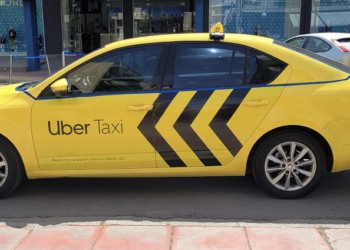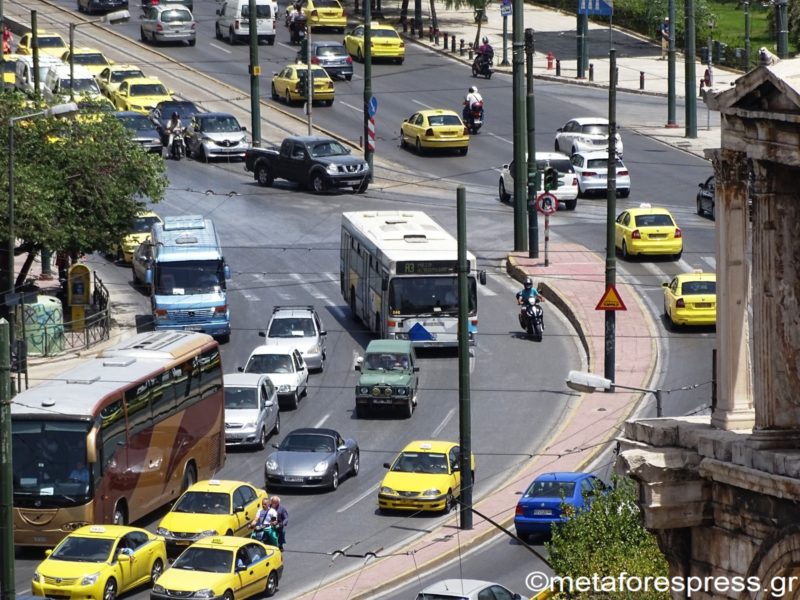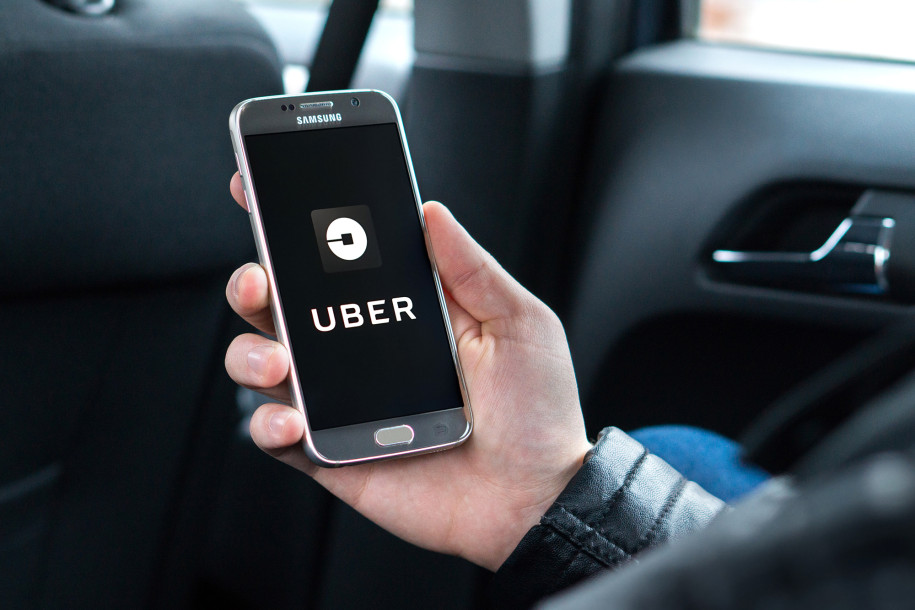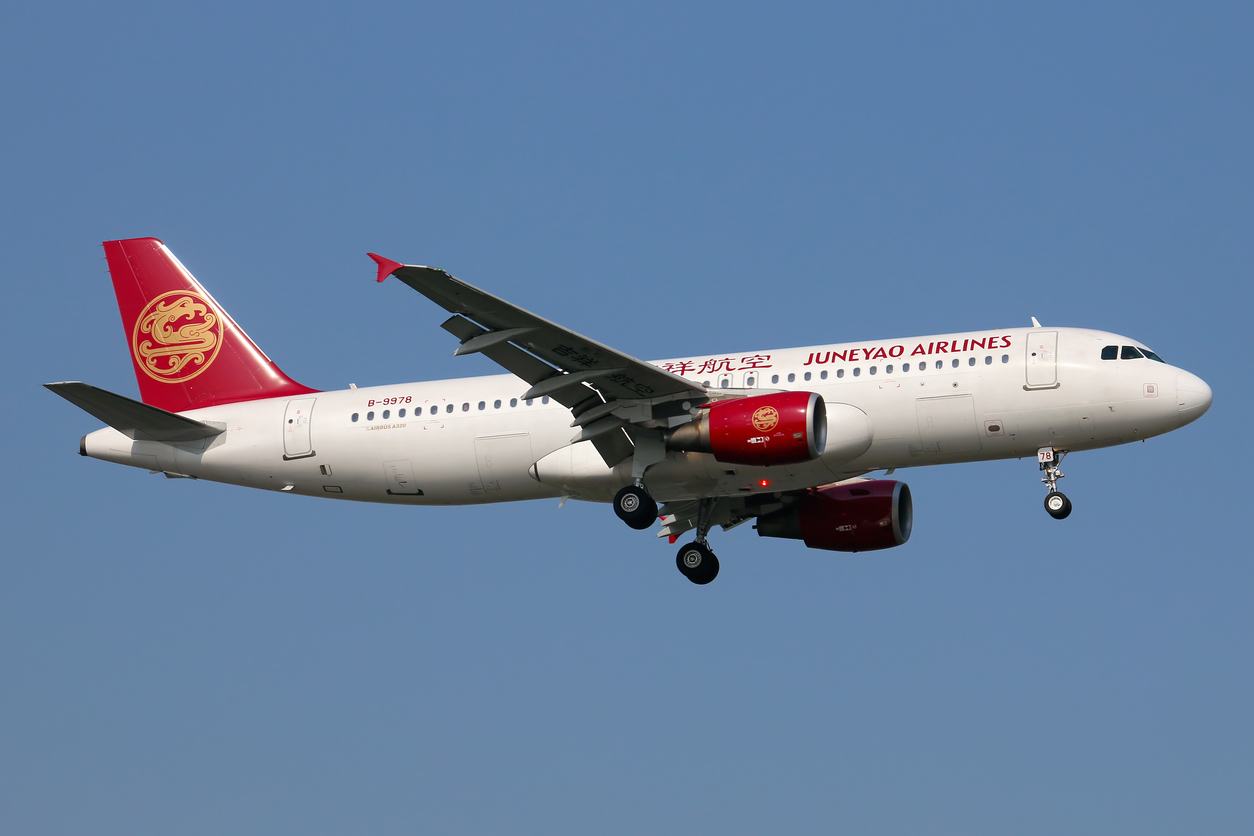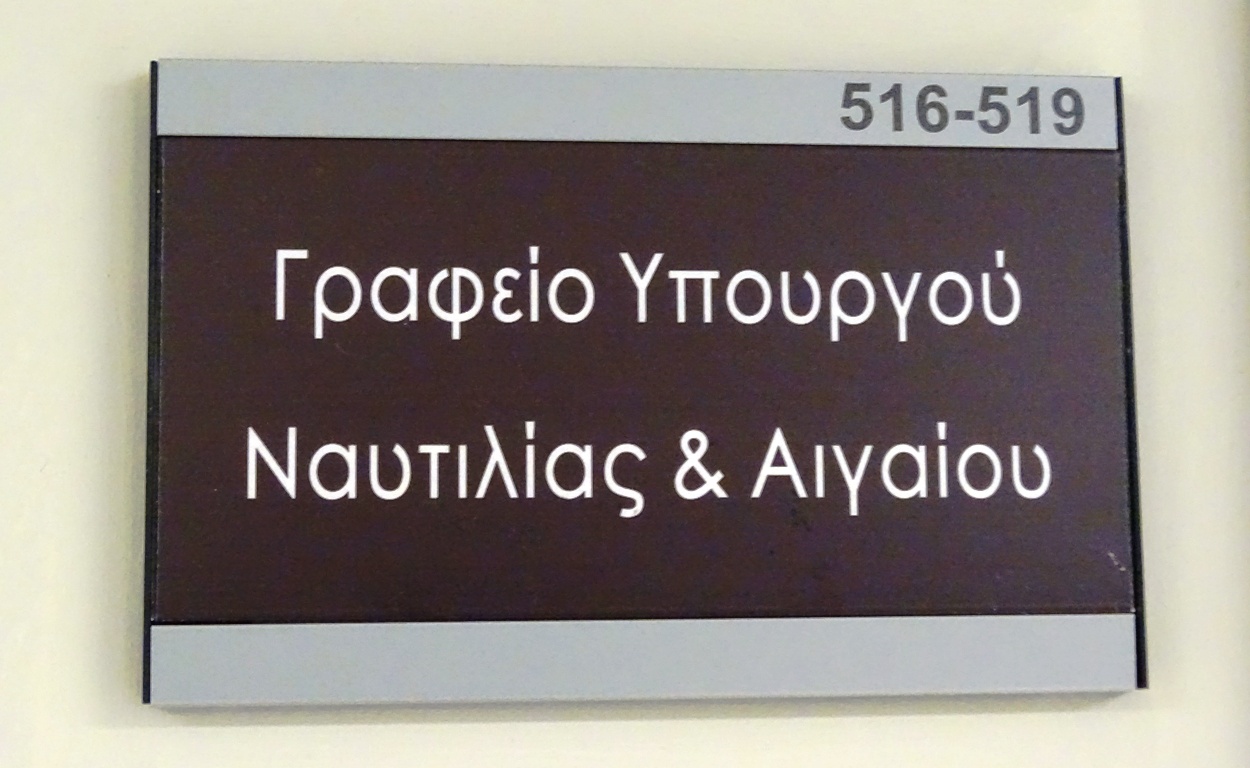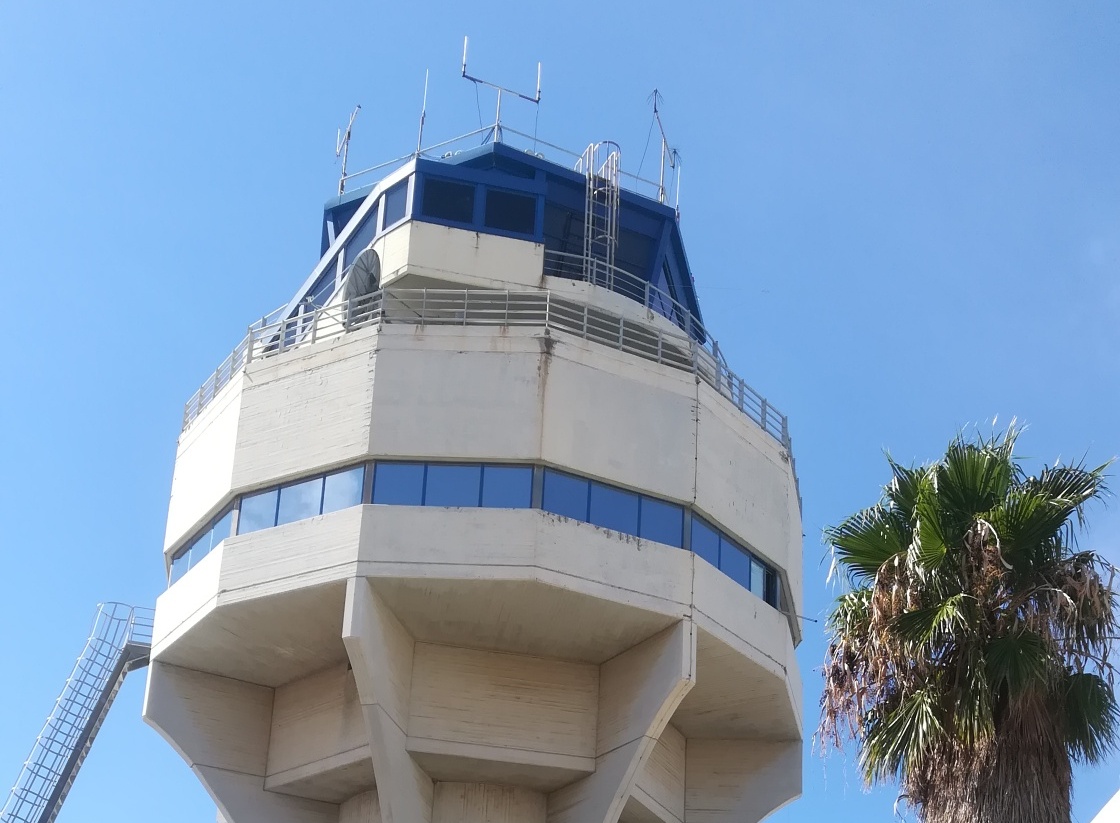Uber Technologies said it would buy a majority stake in Chilean online grocery provider Cornershop as the ride hailing company seeks to widen its fast-growing food delivery app to include groceries and other goods.
The deal for an undisclosed sum, which follows Uber’s disappointing IPO in May, would see it expand Santiago-based Cornershop, which now operates in Mexico, Chile, Canada and Peru into “many more countries around the world,” Cornershop Chief Executive Oskar Hjertonsson said.
The app provides delivery of “groceries to your front door in one hour” from retailers including Costco Wholesale Corp, Walmart Inc and Mexico’s Chedraui.
“Whether it’s getting a ride, ordering food from your favorite restaurant, or soon, getting groceries delivered, we want Uber to be the operating system for your everyday life,” Uber CEO Dara Khosrowshahi said in a statement.
He tweeted an image suggesting Uber would launch a rebranded app using its existing format, potentially encompassing all its services including taxis, bicycles, groceries and restaurant deliveries.
Uber said it expected to close on its Cornershop purchase in early 2020, “subject to regulatory approval.”
An Uber spokesman said the company expected regulatory checks in both Mexico and Chile. He said Uber viewed Cornershop as “a concrete example” of Khosrowshahi’s new strategy to “provide solutions to solve problems in people’s daily lives.”
Both Uber and Cornershop declined to comment further.
Nathan Lustig, a managing partner of Magma Partners, a seed stage venture capital fund for tech firms in Latin America, said Uber seemed to be gearing toward “super-app” status similar to Tencent Holdings’ WeChat and Rappi, backed by SoftBank.
Rappi has expanded at a breakneck pace in Latin America, with its restaurant delivery service emerging as a key competitor for Uber Eats.
Mexican antitrust officials earlier this year blocked a $225 million bid by Walmart to buy Cornershop, citing concerns the retail giant could not guarantee a level playing field for rival retailers.
Lustig said Cornershop had expanded rapidly since the Walmart deal fell through, resulting in a likely higher price tag for the Uber deal.
“I believe they grew the business multiple times since Walmart’s deal was first announced,” he said. “Cornershop’s tech and ideas work globally, so it’s not just a Latin American bet.”
In a statement, Uber said Cornershop would continue to operate under its current leadership, reporting to a board with majority Uber representation.
Cornershop has rapidly gained popularity in local markets, including Chile, where its uniformed staff are a common sight in the aisles of grocery stores hunting down orders for customers, before delivering them in branded, recyclable bags.
News of the deal comes amid a flurry of similar announcements from Uber, as it seeks to expand beyond its core taxi app.
Uber shares rose 4.8% in New York trading, although it was unclear whether the gains were related to the Cornershop move.
This week Uber launched a boat service in Nigeria’s populous Lagos, expanded a helicopter taxi service in New York’s JFK airport and began an app in Chicago to connect workers with businesses needing to fill available shifts.
Increased diversification comes as Uber’s main ride hailing operations face mounting competition in Asia, and heightened U.S. regulatory scrutiny over the classification of its drivers as independent contractors.
(Reuters)











